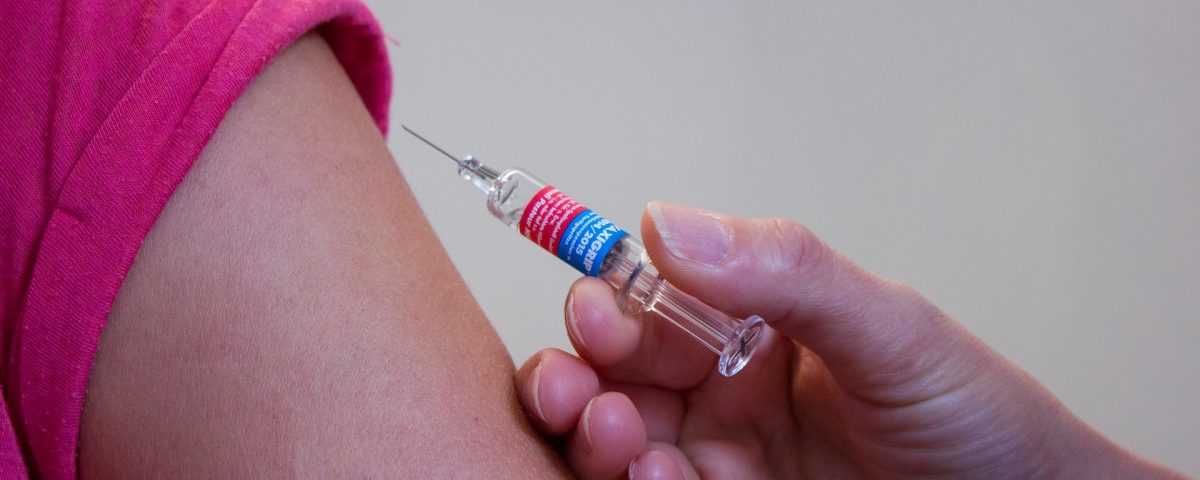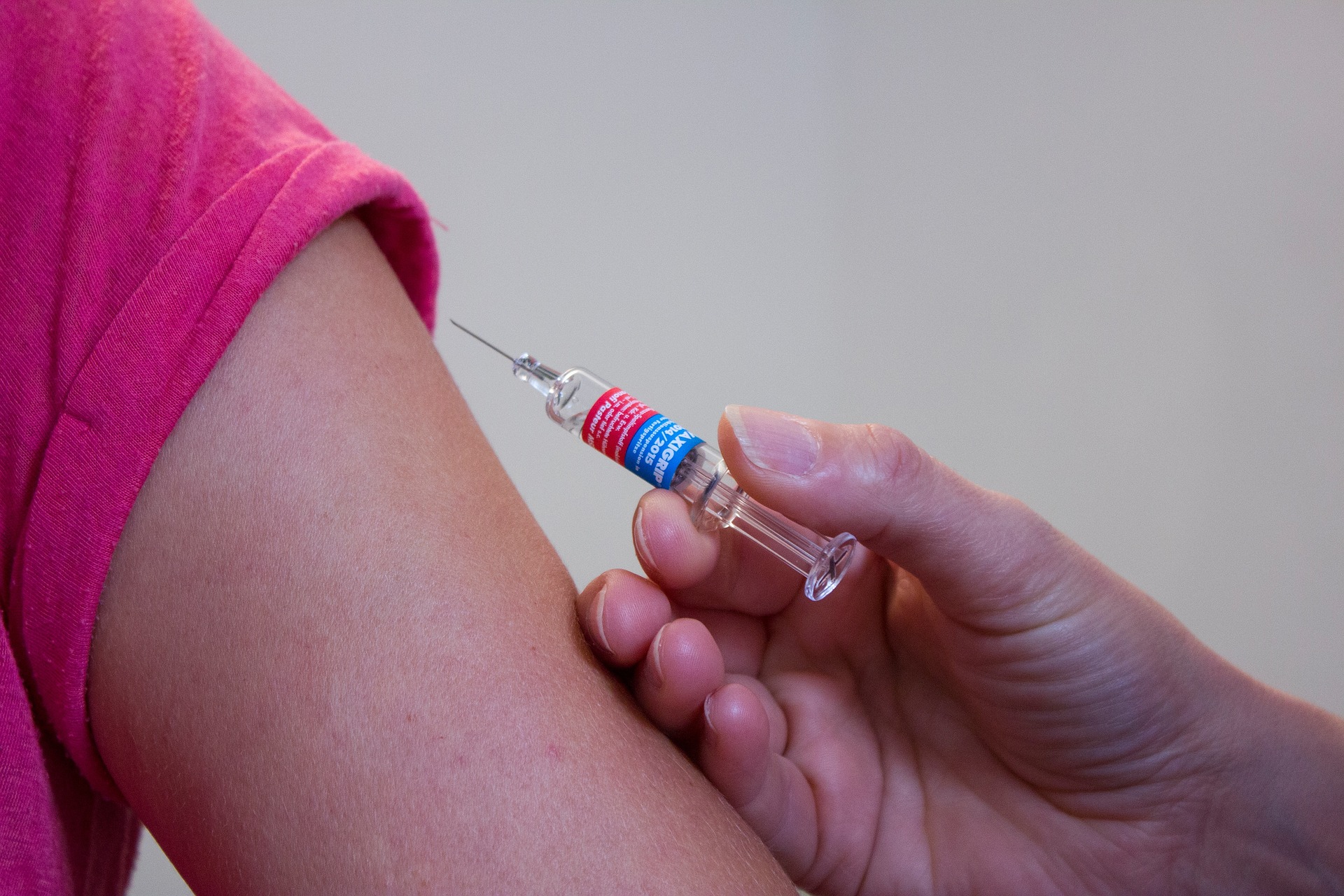
A Cross-cultural Examination of Masculinity and Health Behaviour in Hong Kong : the Mediating Role of Age and Social Support
21 September 2020
Charting the Emergence of the Digital Humanities in China
22 September 2020Countering Anti-Vaccination Rumors on Twitter

Principal investigator: Dr KIM Ji-won (Department of Media and Communication)
This study examined the effects of the counter-rumor on changes in belief about the anti-vaccination claim, anxiety associated with the rumor, intentions to vaccinate a child and share the rumor. We also tested whether the recipient’s attitude toward vaccination could affect these outcomes. An online experiment with a 2 (argument strength: strong vs. weak) x 2 (expertise source: high vs. low) between-subjects factor experimental design was conducted (N = 400). This study provides evidence that attitude toward mandatory vaccination and source expertise had an impact on the reduction in the anti-vaccination belief, and particularly, cue-message congruency (i.e., strong argument and high expertise source) plays a crucial role in increasing the effectiveness of the counter-rumor. Implications of the findings are discussed in light of online rumor research and strategies to reduce the impact of health misinformation.
Click here to read the publication details.

